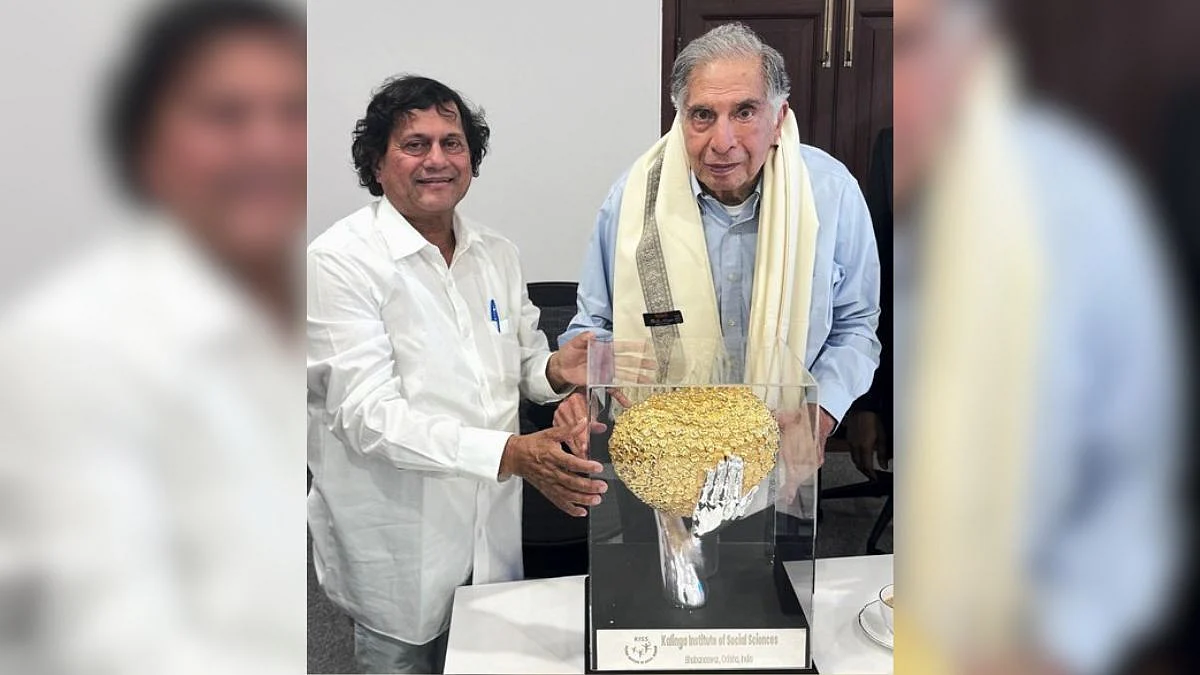Mumbai: India’s requirement for doctors is huge. Given the limited number of medical seats in the country, the only option to meet this demand will be to encourage students to travel to other countries and complete their education.
Though there are many countries that offer high-quality and expensive medical education, others like Russia, Ukraine, China etc offer quality medical education at a low cost.
As Russia and Ukraine have sparse population and hence fewer patients, countries like China and Bangladesh are rapidly emerging as the favourite destinations for medical education. They are also relatively less expensive and allow students to increasingly interact with patients.
The need to send students overseas was discussed at The Free Press Journal (FPJ)-NMIMS University’s education conference ‘Where do I study overseas?’ at the NMIMS auditorium, Vile Parle on November 7.
The session on medical education was moderated by RN Bhaskar, consulting editor and the panelists for the same were (in alphabetical order) Dr GB Daver, Medical Advisor, Reliance Foundation; Dr Nagraj Huilgol, Chief Radiation Oncologist, Nanavati Super Speciality Hospital and Dhananjay Shah, CEO, Moksh Overseas Education Consultants.
Highlighting the advantages and disadvantages, Dr GB Daver said that language can be a barrier for students who go to countries like China, Russia and other non-English speaking countries for their medical education. And language is crucial for interacting with patients, which is half of the study programme.
Commenting on the skewed ratio of doctors he said, “We are a 1.35 billion population. We have one government doctor for every 10,000 people and one doctor for 1,457 people, while the norm is one per thousand. This itself shows a big gap.”
He also stressed on the point that Indian medical aspirants go to other countries for MBBS because India offers limited seats.
Giving a different perspective to the language barrier, Dr Nagraj Huilgol said that even if an Indian student gets admission in any state that does not have a language he or she is familiar with, there will be a language barrier.
Huilgol said, “It is much better that the aspirant invests money in learning a foreign language, gets a good NEET score, a degree and coming back.” He added that the number of seats available in India for aspiring students with limited finance is less and thus they go abroad to study.
Daver added that in 2018 there were 13.65 lakh students who appeared for NEET and in one year, this number rose by 14.5 per cent to 15.19 lakh. “We have 70,900 seats in the country, of which 50 per cent is with the government and the rest is with private institutions.”
Despite adding 2,750 seats in one year by opening 35 new colleges, the demand for doctors is still huge, stated Daver.
Both Daver and Huilgol agreed that an MBBS qualification alone is not adequate. Presently, most MBBS clearing students will have to complete a post-graduation course as well.
Dhananjay Shah, who was the third panelist, projected a different set of challenges that the medical aspirants face. He said that the short-term vision to get an MBBS admission hurts students in the final leg of getting their licence to practice medicine.
“Usually in India, parents want their children to study here. The decision to go abroad is a plan B and not a plan A. So, what they all want to do is go through the process. Since they have little time to secure their admissions, they will choose anything that comes their way in sheer desperation.”
Moksh, which is training students to prepare for their exit exam when they come back to India after an overseas course, finds it difficult to explain the need to focus on the long-term impact of a hasty decision.
“There are around 25,000 doctors who have not passed the exit tests despite going abroad. Your aim should not be limited to get a degree but to get the licence to practice medicine,” Shah added.
However, Huilgol pointed out that even if the medical students do not get their licence to practice medicine, the healthcare industry is big enough to provide them opportunities elsewhere in administration or in medicare businesses like insurance.






